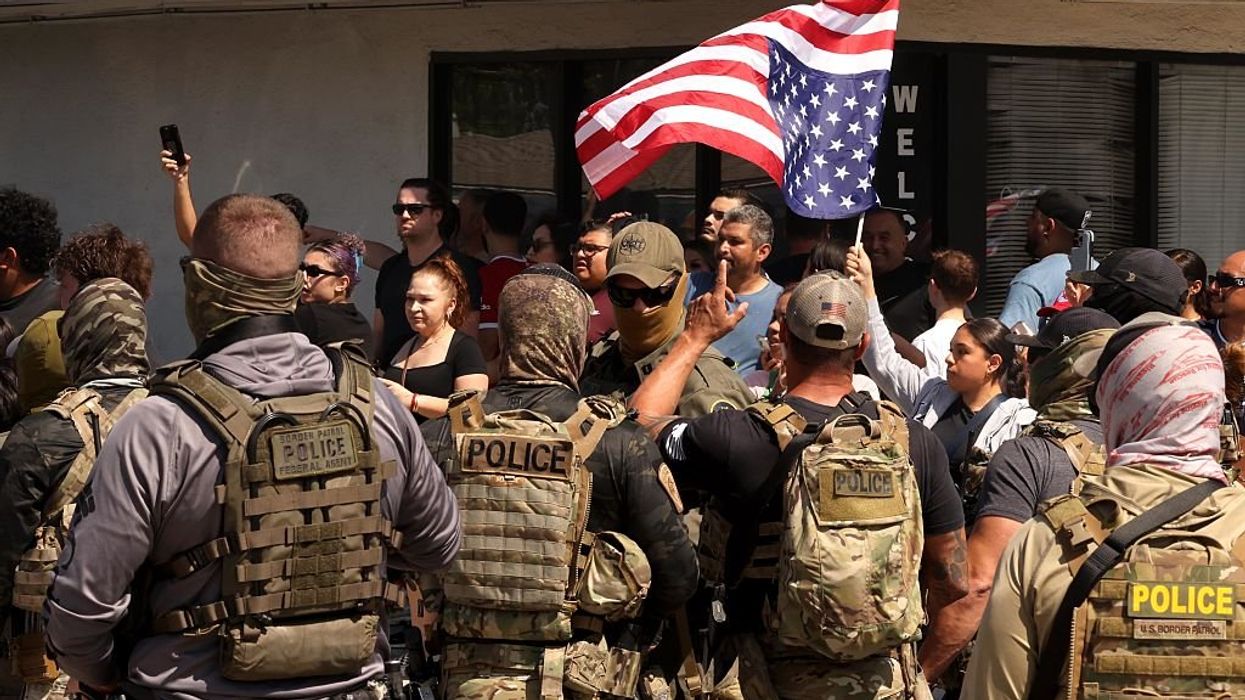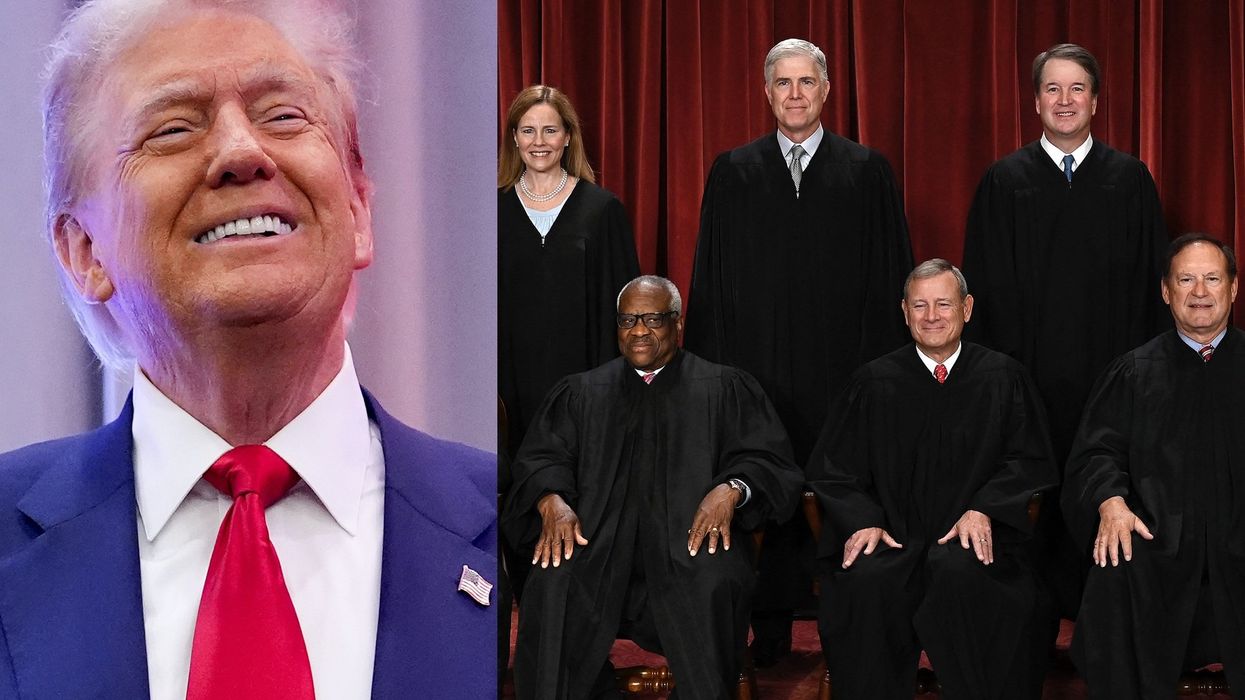© 2025 Blaze Media LLC. All rights reserved.
"I laughed and replied 'I can't deny my savior's name.'"
KABUL, Afghanistan (AP) -- An Afghan man who was jailed for nine months for converting to Christianity has been released after an intense campaign by international diplomatic missions and Christian activists, an official said Friday.
Sayed Mussa, a 46-year-old father of six, left a Kabul jail earlier this week and was taken to see Afghan prosecutors, who did not have enough evidence to charge him, said Gen. Abdul Qayum Safi, director of the detention center.
Aidan Clay, regional manager for the International Christian Concern, cheered Mussa's release but said another convert, Shoaib Assadullah, was still in detention in the northern city of Mazar-i-Sharif. Assadullah was arrested in October after allegedly giving a copy of a Bible to a friend.
"It has been encouraging to see the international community, including churches, reporters and government officials in Europe and North America work together for the common goal of freeing Sayed," he said. "Many sleepless nights, prayers and tears have paid off, however, the battle has not yet been won. Shoaib is still imprisoned in northern Afghanistan and fears the death penalty."
In a Feb. 13 letter, disclosed by International Christian Concern, Mussa said representatives of the U.S. and Italian embassies in Kabul visited him in the detention center and offered him asylum. Mussa wrote that after the foreigners left the room, three Afghan officials told him he would be released within 24 hours if he signed a statement saying he regretted his conversion to Christianity. Mussa refused.
"I laughed and replied 'I can't deny my savior's name,'" Mussa wrote in the letter. "I am 100 percent ready to die."
The Christian group said they received a call from a U.S. official in Kabul on Monday, confirming that Mussa had been released and was safely out of Afghanistan.
The U.S. Embassy in Kabul had no immediate comment on Mussa's release.
Mussa, a slight man with salt-and-pepper hair and beard, was arrested in late May after an Afghan television station broadcast images of alleged Christian baptisms in Kabul. Proselytizing is illegal in Afghanistan.
A number of Afghan Christians fled the country after the broadcast, but Mussa was arrested before he could get away. His case made it into the news after a group of international Christian activists pressed their governments to push Afghan President Hamid Karzai to release Mussa and the other convert.
Afghanistan is an Islamic state but the country's constitution is unclear on whether Christian converts are breaking the law. The document says freedom of religion should be protected, but it also states that the ultimate authority in legal matters is the Muslim holy book, the Quran, which condemns conversion.
Mussa recounted his conversion in an interview with The Associated Press earlier this month at the detention center. He was wearing a brown zip-up sweater, gray shalwar kameez and plastic yellow sandals and had a prosthesis on his left leg - the result of a mine explosion 23 years ago when he was a young army officer in southern Afghanistan.
Mussa said his move to Christianity began during the Afghan civil war when the house of his neighbor, a porter with eight children, was bombed.
He saw two foreign women arrive in a white vehicle who were not afraid to search through the rubble despite the presence of armed men nearby.
"Many tried to hide, but the women didn't," said Mussa.
He was curious about the women, who were able to find one person alive in the rubble. He later learned they were Christian aid workers who helped Afghans in a clinic.
That prompted Mussa to learn more about the Christian faith. He met a man named Mohammad Hussein, who had recently returned from Iran and was a Christian convert. Mussa pressed him for religious books and other information about Christianity.
In the interview, Mussa said that if he was freed, he would rejoin his wife and children, who are living with a brother in Pakistan.
"I want to have a normal life again," he said. "Of course I love all my children. And I'd like to see them."
"I will stay here in Afghanistan and will ask my family to come home," he said.
---
Associated Press writer Deb Riechmann contributed to this report.
Want to leave a tip?
We answer to you. Help keep our content free of advertisers and big tech censorship by leaving a tip today.
Want to join the conversation?
Already a subscriber?
more stories
Sign up for the Blaze newsletter
By signing up, you agree to our Privacy Policy and Terms of Use, and agree to receive content that may sometimes include advertisements. You may opt out at any time.
Related Content
© 2025 Blaze Media LLC. All rights reserved.
Get the stories that matter most delivered directly to your inbox.
By signing up, you agree to our Privacy Policy and Terms of Use, and agree to receive content that may sometimes include advertisements. You may opt out at any time.





